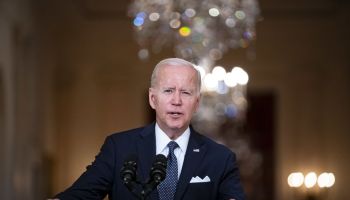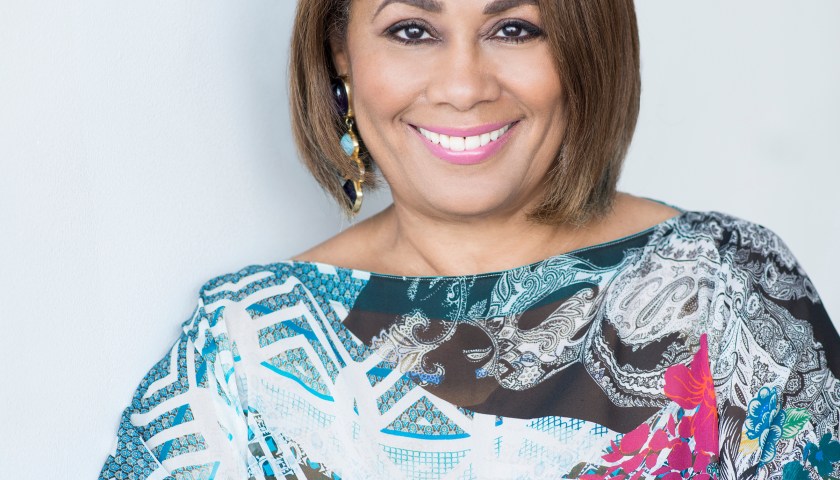Khaled Desouki / AFP-Getty Images
Squabbling political parties have agreed to a power-sharing deal. It’s a big win for Maliki and a boost for his main patron, Iran.
After a marathon seven-hour negotiating session Wednesday night, Iraq’s fickle politicians finally came up with a breakthrough deal to form a government, more than eight months after elections. The deal, which will allow Prime Minister Nuri al-Maliki to keep the top post, comes after a horrifically bloody 10-day period in which dozens of Iraqis have been killed in bombings and shootings in Baghdad and Karbala.
Maliki fought hard to keep his job, even though his electoral slate was not the top vote getter in the elections. He faced strong opposition from both Shiite and Sunni rivals, who accused him of being a sectarian player and an authoritarian. The deal is a big win for Maliki, who was a relatively obscure figure in Iraqi politics until he was chosen prime minister four years ago. It also is a boost for Maliki’s biggest patron: Iran. “It is a victory [for Iran],” says Mahmoud Othman, a Kurdish parliamentarian.
Even before the elections in March, Iran had pushed hard for Maliki to merge his slate with the National Iraqi Alliance (NIA), the dominant Shiite group, to improve his chances of keeping the prime minister slot. Maliki refused to merge with the NIA, but made no secret of his close ties with Iran: last month, he took a high-profile trip to Tehran, where he met with Supreme Leader Ayatollah Ali Khamenei, President Mahmoud Ahmadinejad, and other top regime figures.
Iran is also seen as the driving force behind radical cleric Moqtada al-Sadr’s unexpected shift to support Maliki last month, a key development in breaking the negotiation deadlock. Sadr, who has been living in Iran since 2007, has had a deep-rooted enmity of Maliki dating back to an assault on Sadr’s Mahdi Army fighters in 2007 and 2008. Sadr reportedly set aside his differences with Maliki at the urging of Iranian officials, and chose to throw his influential 39 seats behind Maliki’s bid for the prime minister post.
At the same time, Iranian officials almost completely shut out Ayad Allawi, the head of the Iraqiya slate, which received the most votes, primarily from Sunnis, in the election. An Iraqiya delegation traveled to Iran after the elections, but Allawi himself did not. Under the deal brokered Wednesday, Allawi will head up a new body called the National Council for Strategic Policy, which may have oversight of the Interior and Defense ministries, though the exact responsibilities of the council have yet to be hammered out. The Iraqiya list was also given the speaker of parliament post, which will be taken up by Osama al-Nujaifi, a Sunni. The Kurds, for their part, successfully pushed to retain the president post for Jalal Talabani.
The politicians did not get into the messy details of assigning ministries to various political blocs during the Wednesday meeting. But there was an agreement, at the urging of Allawi and other members of the Iraqiya list, to amend the Justice and Accountability Law, more commonly referred to as the de-Baathification law. Members of the Iraqiya list have repeatedly argued that the law was used to target them unfairly in the weeks leading up to the election, when a handful of their prominent members were disqualified from running.
The new deal is still tenuous, and there could be changes made in the days and weeks ahead. But there is one key bloc that could upend the agreement altogether: the Sunni supporters of the Iraqiya list. If they feel that Allawi has sold them out to a government beholden to Iran, many Sunnis could withdraw their support for the political process altogether and instead back insurgent movements that have wreaked havoc across the country.
Story Complimets Of NewsWeek.com
















